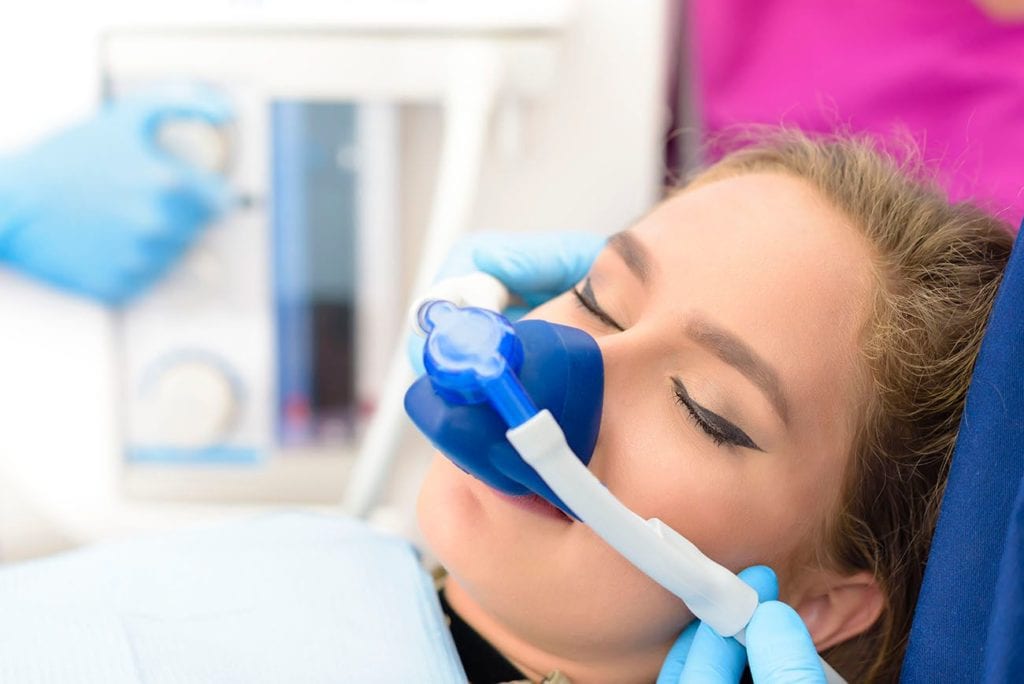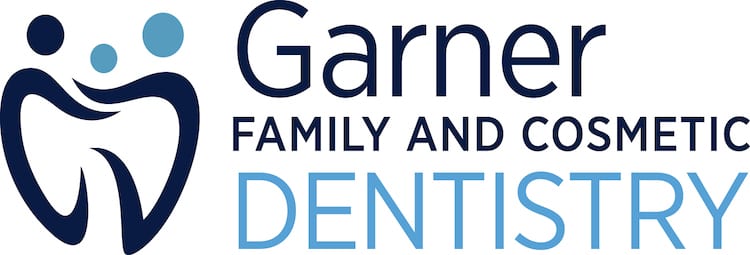Patients with anxiety about dental work can sometimes avoid regular dentist appointments, waiting to visit the office until they experience an emergency that can be painful and expensive. Dentists care about patient comfort, so they have developed sedation methods that can help nervous patients relax during dental procedures. Sedation is similar to anesthesia, but there are differences in how both techniques are used in a dental setting. Dr. Angela Wingate, a dentist in Garner, NC, describes how anesthesia and sedation dentistry can help patients with dental fear.

Local anesthesia
Local anesthesia is used in many minor dental procedures. It is administered via injection to the area that is receiving dental work. A dentist will apply a topical anesthetic before the injection for additional comfort to the patient. The injection blocks the nerve receptors in the area so that the area is numb and the patient does not feel pain. The effects wear off after a few hours and will not make the patient groggy.
Sedation options
Sedation dentistry involves a medication given with an oral tablet or nitrous oxide gas breathed through a mask over the nose or mouth. The oral tablet has a fixed amount of medicine, while the gas can be adjusted during the procedure. There are several levels of sedation available to patients:
- Minimal sedation: the patient is relaxed but fully aware.
- Moderate sedation: the patient is sleepy but conscious.
- Deep sedation: the patient is barely awake during the procedure.
The effects of oral tablets will wear off in their own time. Nitrous oxide gas can be removed from the patient’s system by administering oxygen through the mask. When the patient recovers from the sedation, the patient is usually able to drive themselves home.
General anesthesia
General anesthesia is administered through an IV and makes a patient unconscious. This technique is usually reserved for complicated or invasive procedures, such as wisdom teeth extraction. Some dentists will use this method for patients with severe dental fear, but sedation dentistry is effective in most of these cases. Patients who are given general anesthesia will be groggy when they awaken and should coordinate someone to give them a ride home following the procedure.
Sedation dentistry available in Garner, NC
Garner Family & Cosmetic Dentistry offers sedation dentistry options to patients in Garner, NC. Dr. Wingate also specializes in general, cosmetic, and restorative dentistry for patients of all ages. For more information, contact our office online or reach us by phone at 919.238.3470.
